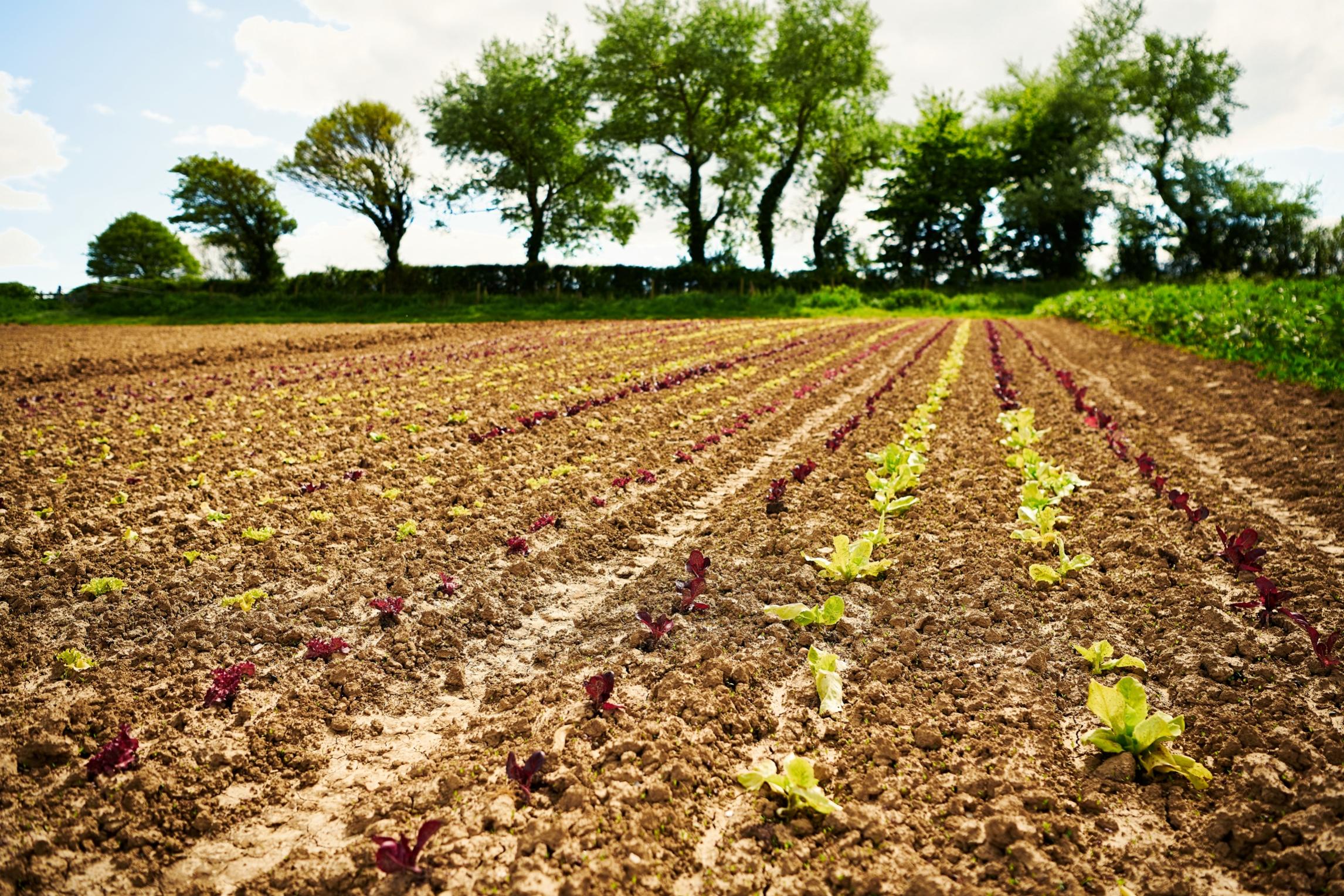Dorset Council backs farmers with 10-year Farms Estate Strategy

Dorset Council is launching a 10-year Farms Estate Strategy (2026–2036) to help secure the future of farming in Dorset, support new entrants, and invest in the council’s Farms Estate.
Farming and food production are vital to Dorset’s economy. They contribute to food security and support thousands of jobs. Alongside clean energy and innovation, these sectors drive sustainable growth and help shape the landscapes that make Dorset unique.
The council recognises the challenges farmers face - rising costs, uncertain markets, and the need to adapt to environmental and business changes - and is committed to working with farmers and rural communities to provide the support they need.
The council’s Farms Estate covers more than 5,000 acres and consists of nearly 60 assets – a mix of Starter and Progression Farms, smaller parcels of land, and a handful of other sites and properties. These are managed under clear categories to ensure investment is focused where it best delivers the aims and objectives of the strategy.
What this strategy sets out:
- Opportunities for the next generation. The strategy introduces two clear tenancy routes: Starter Farms: typically, fixed terms of up to 12 years for people starting out in farming, and Progression Farms: normally 20‑year fixed terms (up to 25 years in exceptional cases) for those ready to grow their business.
- Security and transparency. Tenancy terms will be clear from the start. Decisions will be shaped with input from the Farms Executive Advisory Panel, which includes representatives from the National Farmers’ Union, Tenant Farmers Association, Country Land and Business Association, and Dorset farm tenants.
- Investment in the estate. An estimated £12 million of works over 10 years has been identified to tackle urgent repairs and modernise holdings, with funding to be prioritised.
- The Farms Estate stays in farming. Dorset Council has no plan to dismantle the estate. Its primary purpose will always be farming, but in some cases, where there is an opportunity to strengthen the estate’s long-term future or address other environmental and sustainability objectives, alternative uses may be considered, where this is in line with the council’s approach to the strategic management of assets and property.
The strategy supports Dorset’s Local Nature Recovery Strategy, which was shaped with farmers and recognises that food production and nature recovery go hand in hand. Dorset Council will help tenants adopt practical, affordable sustainable practices - not impose unworkable schemes.
The goal is that 70% of council farms use sustainable methods by 2030, improving soil health, reducing input costs, and unlocking access to government support schemes such as the Sustainable Farming Incentive and Countryside Stewardship.
Cllr Richard Biggs, Cabinet Member for Property and Assets and Economic Growth, said:
“We’ve listened to farmers, and we understand their concerns. This strategy is about keeping farms in farming, investing in the estate, and creating opportunities for the next generation. Farmers are the frontline of countryside care, and by working together we can keep land productive, protect nature, and ensure farming has a strong future in Dorset.”
Dorset’s Farms Estate has been a gateway into farming for over 100 years. Farming is vital to Dorset’s economy, food security, and rural communities, and this strategy ensures land stays in farming, while supporting innovation, sustainability, and rural livelihoods.

Comments
0 Comments